U.S. Commerce Secretary calls chip sanctions against China "a fool's errand"

With the U.S. looking to tighten its sanctions against China's chipmaking capabilities, U.S. Secretary of Commerce Gina Raimondo says that the United States should put its money to better use. "Trying to hold China back is a fool’s errand," Secretary Raimondo said. She also said that the the Biden administration’s CHIPS and Science Act is more important than export controls. By imposing bans and sanctions, the U.S. is trying to keep advanced chips (read 5G chips) out of the hands of China's military.
U.S. Commerce Secretary says imposing bans on China's semiconductor industry is a waste of time
Thanks to the CHIPS and Science Act, U.S. spending on its chip infrastructure last year totaled more than it spent the last 28 years combined. Regardless, the Biden administration continued its efforts to block Chinese companies from buying chips from America, and semiconductor manufacturing equipment from the Netherlands. The latter is where Dutch company ASML is headquartered and it is the only company in the world producing Extreme Ultraviolet Lithography (EUV) machines.
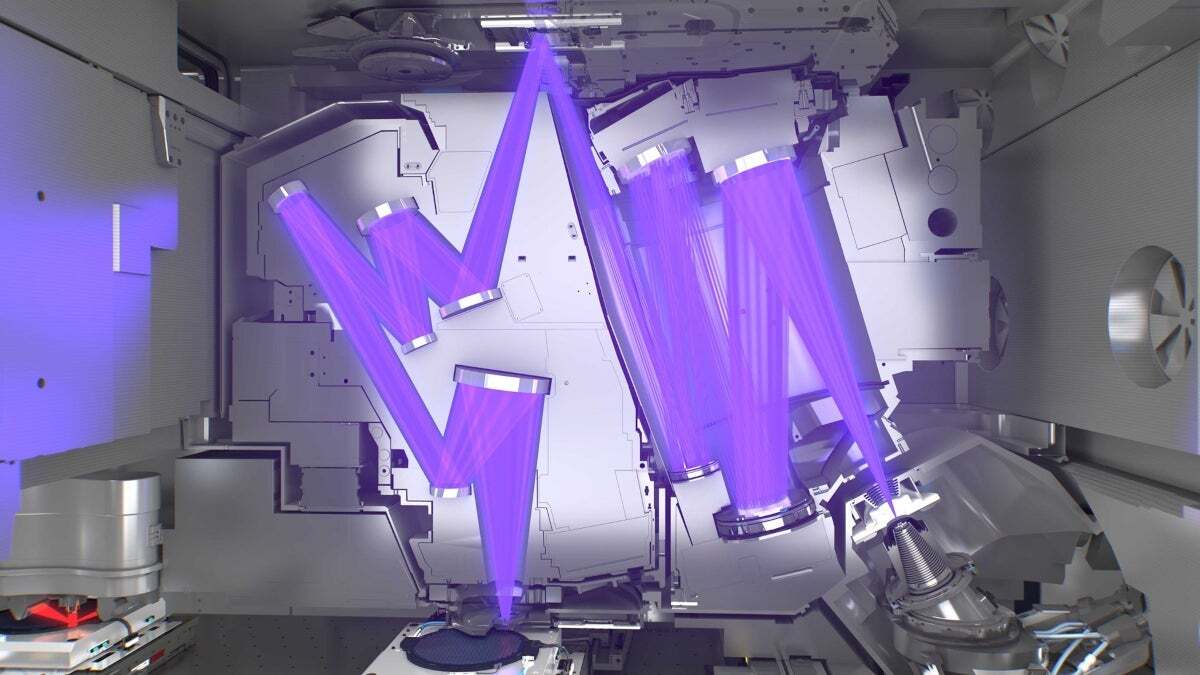
Chinese foundries are banned from receiving EUV Lithography machines. | Image credit-ASML
The EUV machine is used to mark silicon wafers with circuitry patterns using lines that are thinner than human hair. Without the ability to obtain an EUV machine, China's largest foundry, SMIC, relies on its older Deep Ultraviolet Lithography (DUV) machines to produce 7nm chips.
"The only way to beat China is to stay ahead of them,” she said. “We have to run faster, out innovate them. That’s the way to win."-Gina Raimondo, Secretary, U.S. Commerce Department
Raimondo has been behind efforts to turn the Commerce Department into the agency leading the push to expand the U.S. chip industry. As a result, the U.S. Commerce Department Secretary has come to the conclusion that while it is important to keep sensitive technology out of China's hands, the sanctions and export controls are nothing more than "speed bumps" barely stopping China from reaching its ultimate goal of dominating technology globally.
Last year Raimondo was in China just when Huawei unveiled the Mate 60 Pro, the first phone from Huawei powered by an in-house chip since 2020's Mate 40 line. The chip supports 5G making the device Huawei's first 5G handset since 2020. U.S. lawmakers and officials felt that the announcement of the device was Huawei's way of saying that U.S. export controls, which block foundry's using American tech from shipping advanced chips to Huawei, were not limiting the Chinese tech industry.
Raimondo took it a different way. Noting that the chip powering the phone used an older 7nm process node compared to the 3nm node used to produce the A17 Pro chipset powering the iPhone 17 Pro series last year, the Commerce Department secretary said of the Mate 60 Pro, "It’s not a very good phone."
Raimondo took it a different way. Noting that the chip powering the phone used an older 7nm process node compared to the 3nm node used to produce the A17 Pro chipset powering the iPhone 17 Pro series last year, the Commerce Department secretary said of the Mate 60 Pro, "It’s not a very good phone."
SMIC and Huawei are working to develop an alternative to the EUV Lithography machine
Raimondo won't be the Secretary of the Commerce Department in a month and the incoming Trump administration is expected to change the department's policies. While saying "That chip deal is so bad," Trump might be looking to replace U.S. subsidies used to expand chip production in the U.S. with tariffs "so high that they will come and build their chip companies for nothing."
The problem with threatening to use tariffs to threaten China is that tariffs are an import tax and only U.S. companies and U.S. consumers pay the tariffs on imports from China. No money comes from China and the only damage that could be done would be if tariffs destroy the U.S. economy so much that business between American and Chinese firms collapses leading Chinese exporters to lose business from the U.S. But in this scenario, the U.S. economy would be in the middle of a recession.
SMIC, now the third largest foundry in the world after TSMC and Samsung Foundry, is limited to producing chips no more advanced than 7nm. As we previously noted, this is because the U.S. and Netherlands block the sale of EUV Lithography gear to China. But this hasn't stopped China from trying to develop alternative technology in order to compete with smartphones running faster and more energy-efficient silicon.







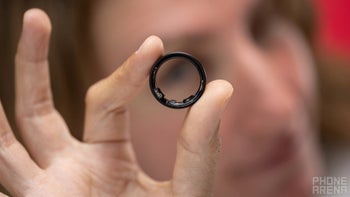
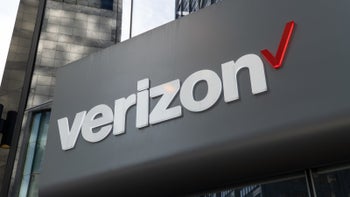

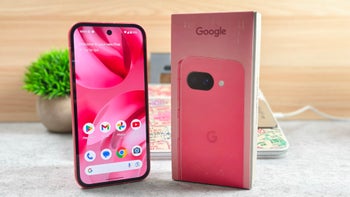
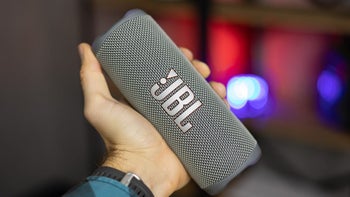
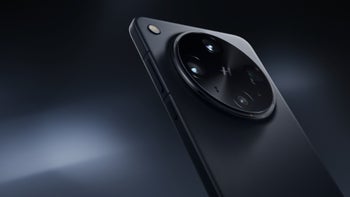
Things that are NOT allowed: